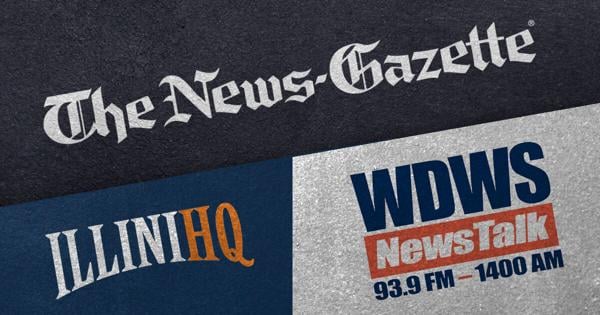Eagles' Stadium Proposal Faces Unanimous Public Opposition in Philly
Philadelphia residents unanimously oppose Eagles' new stadium proposal, citing concerns over public funding and questioning economic benefits amid pressing social infrastructure needs.

Lincoln Financial Field, current home of the Philadelphia Eagles, stands as community debates new stadium proposal
In a rare display of public consensus, Philadelphia residents are pushing back against the Eagles' proposal for a new stadium, highlighting growing concerns about public funding for sports venues amid pressing social needs.
Community Response Signals Strong Opposition
The proposal for a new, domed stadium to replace Lincoln Financial Field, long considered a cornerstone of Philadelphia's sports community, has generated unprecedented unanimous opposition from local residents and experts alike.
Economic Impact Under Scrutiny
As cities nationwide grapple with economic data transparency and public resource allocation, the debate over stadium funding has intensified. Economic development experts point to concerning precedents:
- Yankee Stadium's limited economic impact on surrounding areas
- Baltimore's Camden Yards failing to sustain Inner Harbor development
- Questions about real community benefits from public stadium investments
Public Safety and Infrastructure Priorities
Amid ongoing discussions about public safety and community infrastructure needs, residents argue that public funds could be better allocated to:
- Supporting struggling hospitals
- Addressing SEPTA's financial challenges
- Improving underfunded schools
"The proposed price ranges for seat licenses and tickets and 'experiences' were downright scary," notes Ernie, a 22-year season-ticket holder, expressing concerns about working-class fans being priced out of the game day experience.
Looking Forward
As Philadelphia faces this pivotal decision, the clear public sentiment suggests that any stadium proposal requiring significant public funding may face substantial opposition, forcing team ownership to reconsider their approach to stadium development and community engagement.
Rachel Whitman
Rachel L. Whitman is a political columnist and investigative journalist based in Washington, D.C. Her writing focuses on democratic resilience, civil rights, and the intersection of technology and public policy. With a background in law and public affairs, she brings sharp analysis and a deep commitment to progressive values.
